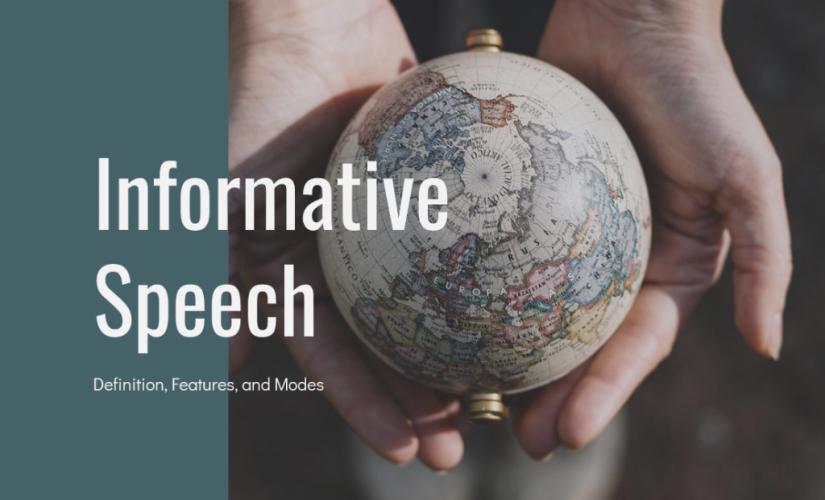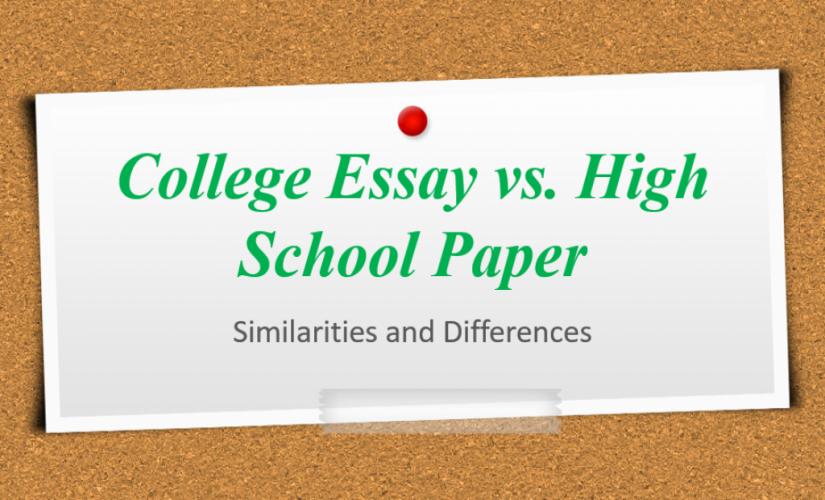The sharing of information has become a priority in contemporary society. In this case, people inform others when they want to cover some issues or describe other themes. Besides written or online material, the transfer of information is realized through informative speeches. In particular, an informative speech employs readily discernible organization patterns and modes of informing. Hence, these unique features make it exploitable by scholars in sharing their works, such as when explaining how to cite the DSM-5 in APA.
Definition of an Informative Speech
Informative speeches can be defined based on the underlying motivation for their creation. For instance, people design an informative speech to deliver a particular piece of factual information objectively to teach the audience about a topic. In this case, the speaker uses the speech writing as a means of delivering facts to an audience. Also, attempts at persuasion do not accompany the presentation of the facts. Instead, the speaker presents information to the audience and lets them decide whether to agree or disagree. Hence, people use such speeches to share information.

Features of Informative Speeches
The effective presentation of information to an audience requires the use of easy to follow organization patterns. For instance, creating an informative speech can be spatial, topical, and chronological. Firstly, the spatial approach is ideal for the description of the physical or layout characteristics of an object or concept. In this case, speech topics that require some sense of location for the information to be clear may benefit from the spatial approach. Then, the topical organization involves the subdivision of a topic into logical sections. In turn, speakers may use this approach to dealing with complex topics. Finally, the chronological technique is useful in explaining processes. Besides, this organization model is optimized for topics that follow a well-defined sequence of events. Thus, the clear understanding of a topic is dependent on the organization pattern of the informative speech.
Modes
Informative speeches use various modes of informing to transfer knowledge from the speaker to the audience. Firstly, the speaker may use definitions where detailed and clear outlines of a concept or object are included in the speech. This technique is commonly used in “what is the American Dream essay” writing to clarify key terms. In this case, people may formulate definitions through the use of synonyms, functions, or examples. Secondly, authors may deliver information through description with the skillful use of words to develop a mental image of an object. Hence, the speaker states the physical features or other easily observable attributes to aid the audience in visualizing the topic. Finally, the informative speech may provide verbal descriptions accompanied by physical actions for demonstration. Besides, these techniques of informing provide contextual information that allows the audience to relate the concepts to the real world. In turn, the use of multiple distinct modes of informing is one of the unique features of an informative speech.
Conclusion on Informative Speech
Recognizable organization features of informing are the unique aspects of the informative speech. Basically, these features can benefit scholars that often find themselves working with new research techniques and technologies. Also, scholars can develop informative speeches to present their methodological approaches and findings clearly and concisely. In this case, it eliminates the potential for misunderstanding or confusion of the audience.


